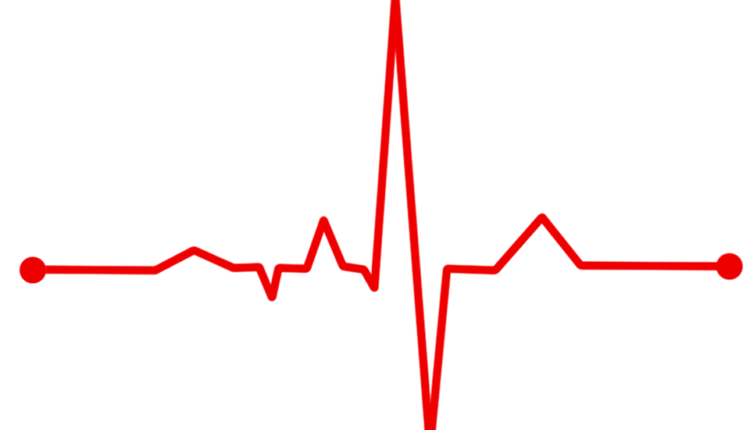What Is A PJC ECG?
A pjc ECG is a type of electrocardiogram that is used to diagnose heart conditions. This test is done by placing electrodes on the patient’s chest, arms, and legs. The pjc records the electrical activity of the heart and can help identify problems such as arrhythmias, coronary artery disease, and heart attacks.
What should I know about this?
Pjc ECGs are sometimes used to screen for heart conditions in people who have no symptoms. This type of screening can help identify problems early when they’re more likely to be treatable. Pjc is also used to monitor the heart’s electrical activity during and after surgery, and to check for side effects of certain medications.
If you have a pjc, you’ll need to remove any clothing that might interfere with the placement of the electrodes. You’ll also need to avoid eating or drinking anything caffeinated for at least four hours before the test. During the pjc, you’ll lie on your back on an examination table. The electrodes will be attached to your chest, arms, and legs. You’ll be asked to hold still and may be asked to breathe deeply or quickly at times. The test usually takes about 20 minutes.
We hope this information has been useful to you.


Comments are closed.